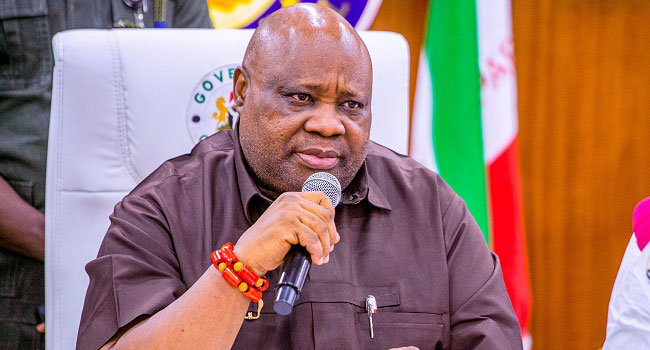In a retort to the Nigeria Labour Congress’s demand for his resignation, the embattled Julius Abure assumes a defiant posture, depicting the NLC’s actions as acts of insubordination and a blatant flouting of legal norms.
During a convened session of the National Executive Council of the Labour Party in Asaba, Delta State, Mr. Abure vehemently repudiates the NLC’s requisitions, contending that they contravene democratic principles and the rule of law.
He accuses the NLC of politicizing their protest, insinuating that their motives are driven by hidden agendas aimed at destabilizing the party’s leadership.
Mr. Abure’s vehement language mirrors his resolve to confront what he perceives as unjustified interference in the affairs of the Labour Party, underscoring his unwavering commitment to the sanctity of legal protocols.
The choice to characterize the NLC’s actions as insubordination underscores Mr. Abure’s conviction in the righteousness of his cause and his readiness to confront opposition unflinchingly.
Despite facing mounting pressure from the NLC and dissenting factions within the party, Mr. Abure remains steadfast in his stance, refusing to capitulate to what he deems as arbitrary demands.
The convened session of the National Executive Council provides a forum for Mr. Abure to galvanize support from party members and reassert his leadership credentials amidst adversity.
As the standoff between Mr. Abure and the NLC escalates, onlookers anticipate a further intensification of tensions and the potential for legal wrangling in the days ahead.
The resolution of this clash of ideologies will not only influence the trajectory of the Labour Party but also carry broader ramifications for the political landscape of the nation.




